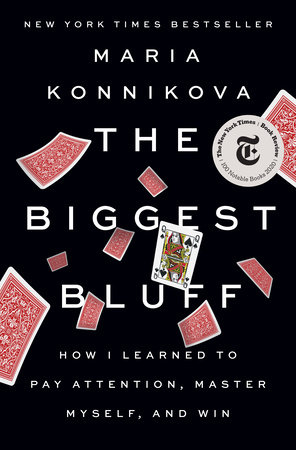 Thanks to the 2023-2029 ERC Synergy grant OCEAN (On intelligenCE And Networks: Synergistic research in Bayesian Statistics, Microeconomics and Computer Sciences), I am seeking one or two postdoctoral researchers with an interest in Bayesian federated learning, distributed MCMC, approximate Bayesian inference and computing, and data privacy.
Thanks to the 2023-2029 ERC Synergy grant OCEAN (On intelligenCE And Networks: Synergistic research in Bayesian Statistics, Microeconomics and Computer Sciences), I am seeking one or two postdoctoral researchers with an interest in Bayesian federated learning, distributed MCMC, approximate Bayesian inference and computing, and data privacy.
The project is based at Université Paris Dauphine, on the new PariSanté Campus. The postdocs will join the OCEAN teams of researchers directed by Éric Moulines and myself (Christian P Robert) to work on the above themes with multiple possibilities of focus from statistical theory, to Bayesian methodology, to decision theory, to algorithms, to medical applications. Collaborations with the OCEAN teams of researchers directed by Michael Jordan (Berkeley) and Gareth Roberts (Warwick) will further be encouraged and related travel will be supported.
Qualifications
The candidates should hold a doctorate in applied maths, statistics or machine learning, with demonstrated skills in Bayesian analysis, game theory, Monte Carlo methodology or numerical probability, an excellent record of publications in these domains, and an interest in working as part of an interdisciplinary international team. Scientific maturity and research autonomy are a must for applying. There is no deadline for the positions, which will be filled when a suitable candidate is selected.
Funding
Besides a 2 year postdoctoral contract at Université Paris Dauphine (with possible extension for another year), at a salary of 31K€ per year, the project will fund travel to OCEAN partners’ institutions (University of Warwick or University of Berkeley) and participation to yearly summer schools and conferences. Standard French university benefits are attached to the position and no teaching duty is involved, as per ERC rules.
The starting date of the postdoctoral positions is negotiable depending on the applicants’ availability.

Application Procedure
- To apply, please send the following entries in one pdf file to Christian Robert (bayesianstatistics@gmail.com).
- a letter of application,
- a CV,
Letters of recommendation are to be sent directly by their author.

 A quick
A quick 
